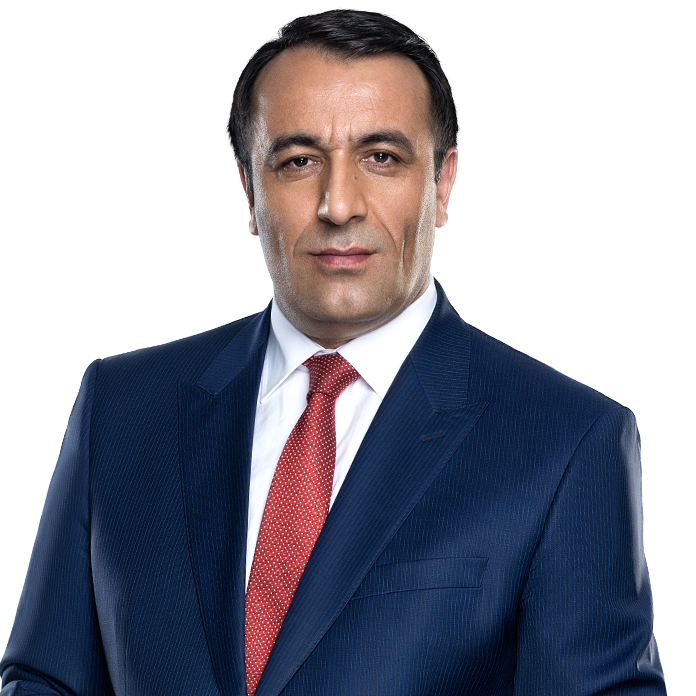The G20, hosted by a different member country every year, will be held in Hamburg, Germany this year. The platform that sees participation by 19 countries and EU representatives, although considered an international initiative, is actually not an official meeting. In other words, the decisions taken are not binding, and their enforcement following the summit are not in question.
Despite this, the G20 Summit is actually member countries’ gate to the world. G20 countries make up 85 percent of the world’s economy and 75 percent of its trade. The size of its scope is the reason why the G20 Summit is followed worldwide. Through this summit, every member country is easily able to give the world the message it desires.
Hence, the world leaders’ speeches, appearances and, of course, their attitudes are significant. The leaders representing the G20 countries, present on the G20 stage, both the political and economic faces of their countries. This becomes more important year by year. It is possible to discern, from the events occurring before this year’s summit that the significance attributed to the attitude and messages of leaders at the G20 Summit is increasingly growing.
Generally, the agenda and protests of the G20 Summit would be discussed ahead of the summit, set to be held on July 7-8. However, this time, with the impact of the dynamics of global politics, political issues are taking the forefront.
As a matter of fact, the initial signs that this year’s G20 Summit would differ from the others were palpable in the Finance Ministers meeting held in March. In this meeting, the U.S., which objected to certain sections in the joint memorandum, had vetoed the memorandum. U.S. President Donald Trump, who stresses a protective policy particularly against the view of international trade being free, will continue this claim in the meetings to be held in Hamburg.
After Trump’s election as president, it is not possible to determine exactly what the U.S.’s political and economic acts will be. In such an atmosphere, it is a matter of curiosity whether the result of the G20 Summit will be an understanding of free trade or a reflection of protectionism under the guise of “free trade.”
The free trade issue is not the only topic Trump is against. He had revealed his stance against the climate change by stating that he made the decision to withdraw the U.S. from the Paris Climate agreement. Trump’s negative attitude concerning the refugee crisis, another problematic, prior to being elected U.S. president, increased after his election.
In these circumstances, how the free trade and refugee crisis issues will be approached in the G20 Summit is a matter of curiosity. It is, of course, obvious from European countries’ practices, primarily that of its host Germany, that they do not differ from Trump’s opinion. It is clear that they are not approaching the refugee problem in terms of its humanitarian aspect and, similar to Trump, they have taken a distant attitude toward refugees. The real issue for them is which countries will be shouldering the economic and social costs created by the refugee problem.
2015 G20 host Turkey’s approach to these topics had shown its difference. The same applies this year. As Turkey expressed in Antalya in 2015 and in Hangzhou, China, in 2016, Turkey is going to highlight that not only developed countries but developing and underdeveloped countries also need to benefit from the global economic growth and that growth needs to be inclusive.
Efforts of the German president to create tension aimed at President Recep Tayyip Erdoğan and Turkey ahead of the G20 Summit, are related to Turkey’s opposition to the EU countries recently taking a negative approach toward it and President Erdoğan’s leadership which presents a model for developing or underdeveloped countries.
Therefore, we need to be ready for a different G20 Summit. As for President Erdoğan’s performance in the international sphere during the last 15 years, it gives confidence in terms of his strength and success in representing Turkey.




















